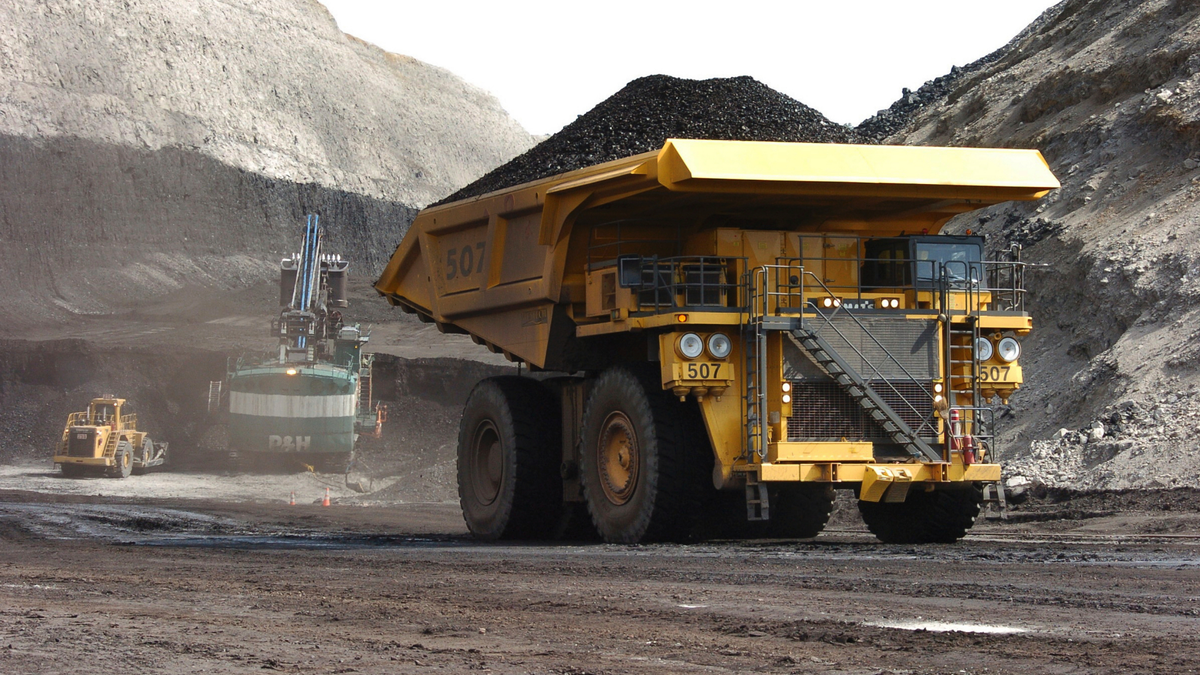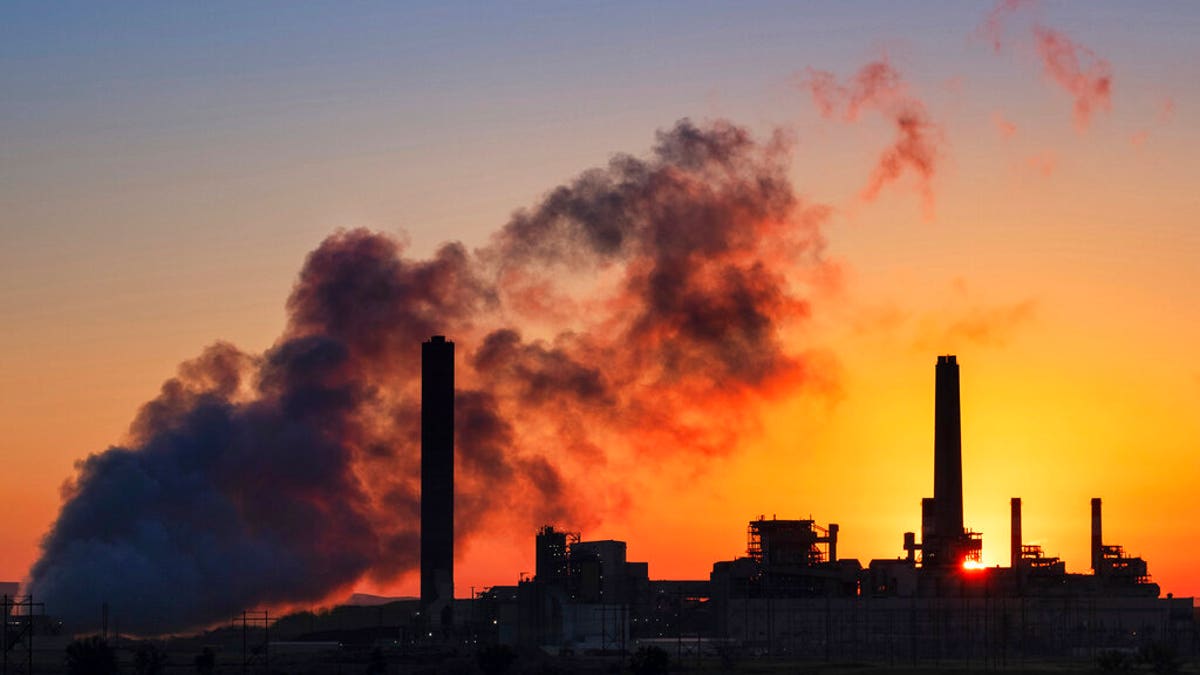Fox News Flash top headlines for November 9
Fox News Flash top headlines are here. Check out what's clicking on Foxnews.com.
U.S. climate envoy John Kerry said Tuesday in Scotland that America, which boasts the world's largest economy, will stop burning coal sometime within the next nine years.
"By 2030 in the United States, we won’t have coal," Kerry told Bloomberg editor-in-chief John Micklethwait during an interview at the COP26 climate conference in Glasgow. "We will not have coal plants."

Climate envoy John Kerry speaks during a press briefing at the White House in Washington on Jan. 27, 2021. (AP Photo/Evan Vucci, File)
COAL SHORTAGES PUSH UP PRICES, WEIGH ON ECONOMIES
Discussing a shift from coal, Kerry placed emphasis on markets being a driving force behind more cost-effective power sources like renewables and natural gas. Kerry also reaffirmed his support of the Biden administration's goal to eliminate all carbon emissions from the U.S. power grid by 2035.

A truck hauls 250 tons of coal to the surface of the Spring Creek mine near Decker, Montana, on April 4, 2013. (AP Photo/Matthew Brown, File)
"We’re saying we are going to be carbon-free in the power sector by 2035," Kerry said. "I think that’s leadership. I think that’s indicative of what we can do."
CLICK HERE TO GET THE FOX NEWS APP

The Dave Johnson coal-fired power plant is silhouetted against the morning sun in Glenrock, Wyoming, on July 27, 2018. (AP Photo/J. David Ake)
Coal makes up roughly 10% of U.S. energy consumption, according to the latest data from the U.S. Energy Information Administration. The data also revealed that fossil fuels – petroleum, natural gas and coal – made up an estimated 79% of total U.S. primary energy production last year.
Fox News did not receive an immediate response from the Department of Energy.














































